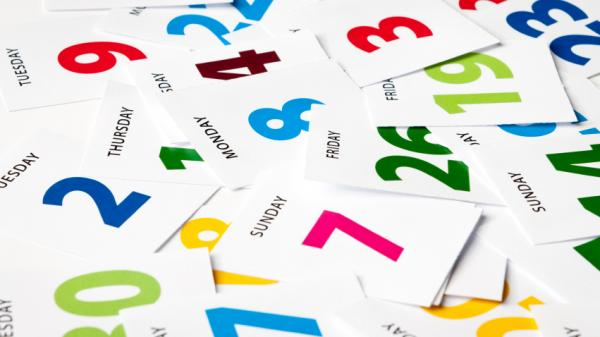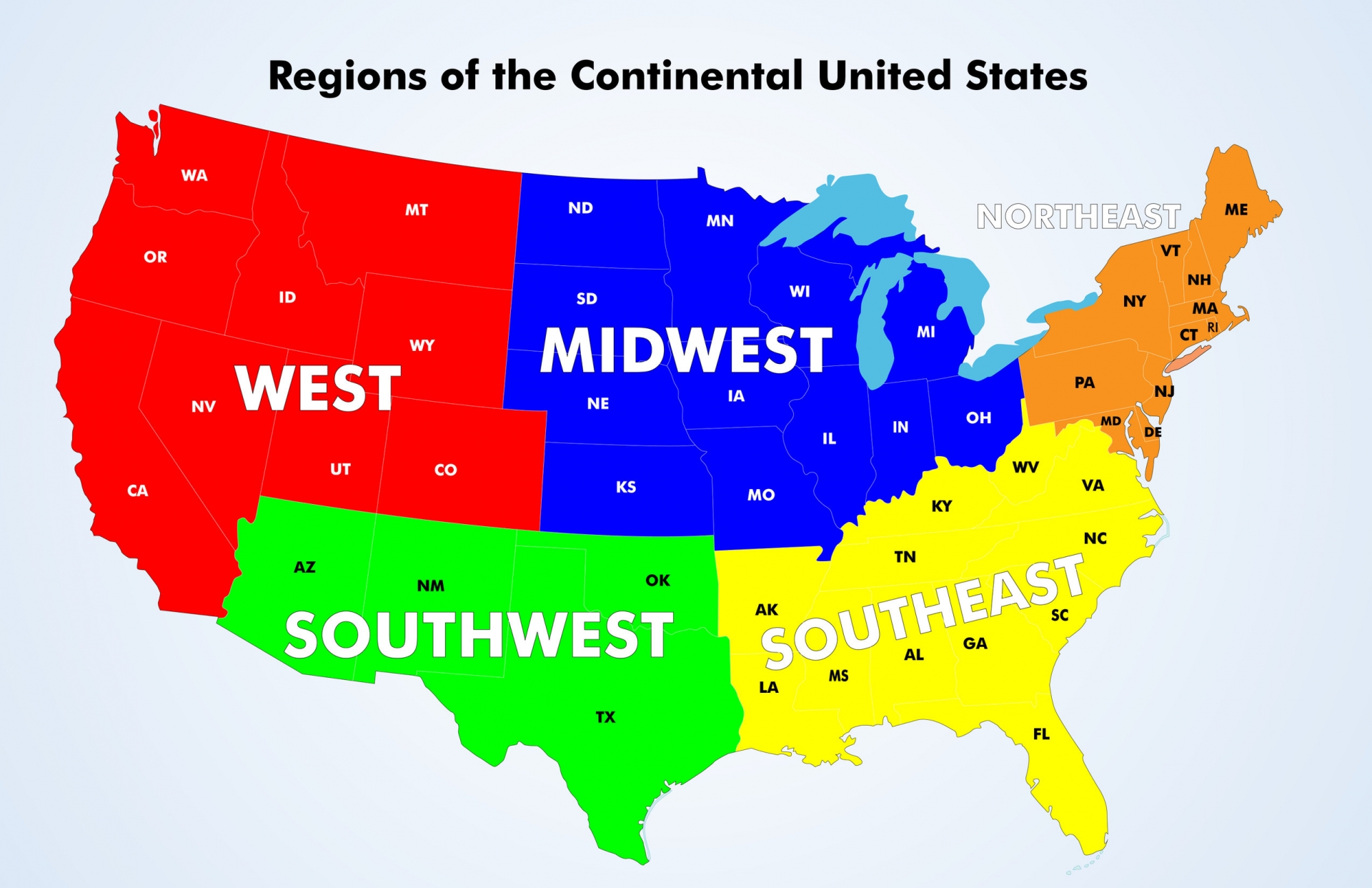How Many Days Are In A Week and Why Are There Seven Days?
 |
| Photo: Getty Images |
How Many Days Are In A Week
Weekdays are Monday, Tuesday, Wednesday, Thursday and Friday, whereas weekends consist of Saturday and Sunday.
Named After Gods and Planets
 |
| Photo: Metro.uk |
The names of the 7 days of the week in most Latin-based languages come from the Roman calendar, which related each day with 7 celestial bodies considered to be gods: the Sun, the Moon, Mercury, Venus, Mars, Jupiter, and Saturn.
The English language has retained the planet names for Saturday, Sunday, and Monday. However, the names for the other days of the week have been replaced by their equivalent Norse or Germanic gods.
Some Asiatic languages such as Hindi, Japanese, and Korean have a similar relationship between the weekdays and the planets.
The 7-day-week provides a clear method of representing dates and times to avoid misinterpretation between people from different countries with varying traditions for writing numeric dates and times.
When Is the Weekend?
 |
| Calendars help keep track of the days ©iStockphoto.com/nilsz |
As the first day of the week varies in different cultures, so does the weekend. The Christian or Western world marks Sunday as their day of rest and worship, while Muslims refer to Friday as their day of rest and prayer. The Jewish calendar counts Saturday – the Sabbath – as the day of rest and worship.
Both Saturdays and Sundays are common days of rest in the calendar. Calendars in some countries use a separate color for the weekends and reserve the black or gray fonts for the weekdays, Monday through Friday.
******READ MORE: How Many Bubbles Are In A Glass of Beer?
Why Are There Seven Days In A Week?
 |
| Some of the earliest civilizations recorded the movements of planets, the sun and moon. Andrey Prokhorov/Shutterstock.com |
Waiting for the weekend can often seem unbearable, a whole six days between Saturdays. Having seven days in a week has been the case for a very long time, and so people don’t often stop to ask why.
Most of our time reckoning is due to the movements of the planets, Moon and stars. Our day is equal to one full rotation of the Earth around its axis. Our year is a revolution of the Earth around the Sun, which takes 365 and ¼ days, which is why we add an extra day in February every four years, for a leap year.
But the week and the month are a bit trickier. The phases of the Moon do not exactly coincide with the solar calendar. The Moon cycle is 27 days and seven hours long, and there are 13 phases of the Moon in each solar year.
Some of the earliest civilizations observed the cosmos and recorded the movements of planets, the sun and moon. The Babylonians, who lived in modern-day Iraq, were astute observers and interpreters of the heavens, and it is largely thanks to them that our weeks are seven days long.
The reason they adopted the number seven was that they observed seven celestial bodies — the sun, the moon, Mercury, Venus, Mars, Jupiter and Saturn. So, that number held particular significance to them.
Other civilizations chose other numbers, like the Egyptians, whose week was 10 days long; or the Romans, whose week lasted eight.
The Babylonians divided their lunar months into seven-day weeks, with the final day of the week holding particular religious significance. The 28-day month, or a complete cycle of the moon, is a bit too large a period of time to manage effectively, and so the Babylonians divided their months into four equal parts of seven.
The number seven is not especially well-suited to coincide with the solar year, or even the months, so it did create a few inconsistencies.
However, the Babylonians were such a dominant culture in the Near East, especially in the sixth and seventh centuries B.C., that this and many of their other notions of time — such as a 60-minute hour — persisted.
The seven-day week spread throughout the Near East. It was adopted by the Jews, who had been captives of the Babylonians at the height of that civilization’s power. Other cultures in the surrounding areas got on board with the seven-day week, including the Persian empire and the Greeks.
Centuries later, when Alexander the Great began to spread Greek culture throughout the Near East as far as India, the concept of the seven-day week spread as well. Scholars think that perhaps India later introduced the seven-day week to China.
Finally, once the Romans began to conquer the territory influenced by Alexander the Great, they too eventually shifted to the seven-day week. It was Emperor Constantine who decreed that the seven-day week was the official Roman week and made Sunday a public holiday in A.D. 321.
The weekend was not adopted until modern times in the 20th century. Although there have been some recent attempts to change the seven-day week, it has been around for so long that it seems like it is here to stay.
 Best Days in July 2021 Best Days in July 2021 Find out what is the best days in July 2021 for building house, doing business, getting married... in the article below, and dont forget to ... |
 India - 12 Most Popular Festivals and Holidays in June India - 12 Most Popular Festivals and Holidays in June India is the place with plenty of festivals all over the year, and beautiful culture. Keep reading the article below for 12 Most Popular Festivals ... |
 Best Wedding Dates in June 2021 Best Wedding Dates in June 2021 Wedding is an important and big event in our life, and the article below will list for you all the best dates to arrange ... |
 Best Days for June 2021 Best Days for June 2021 Find out what is the best days in June 2021 for getting married, planning your trips, cutting your hair, going camping... in the article below, ... |


























